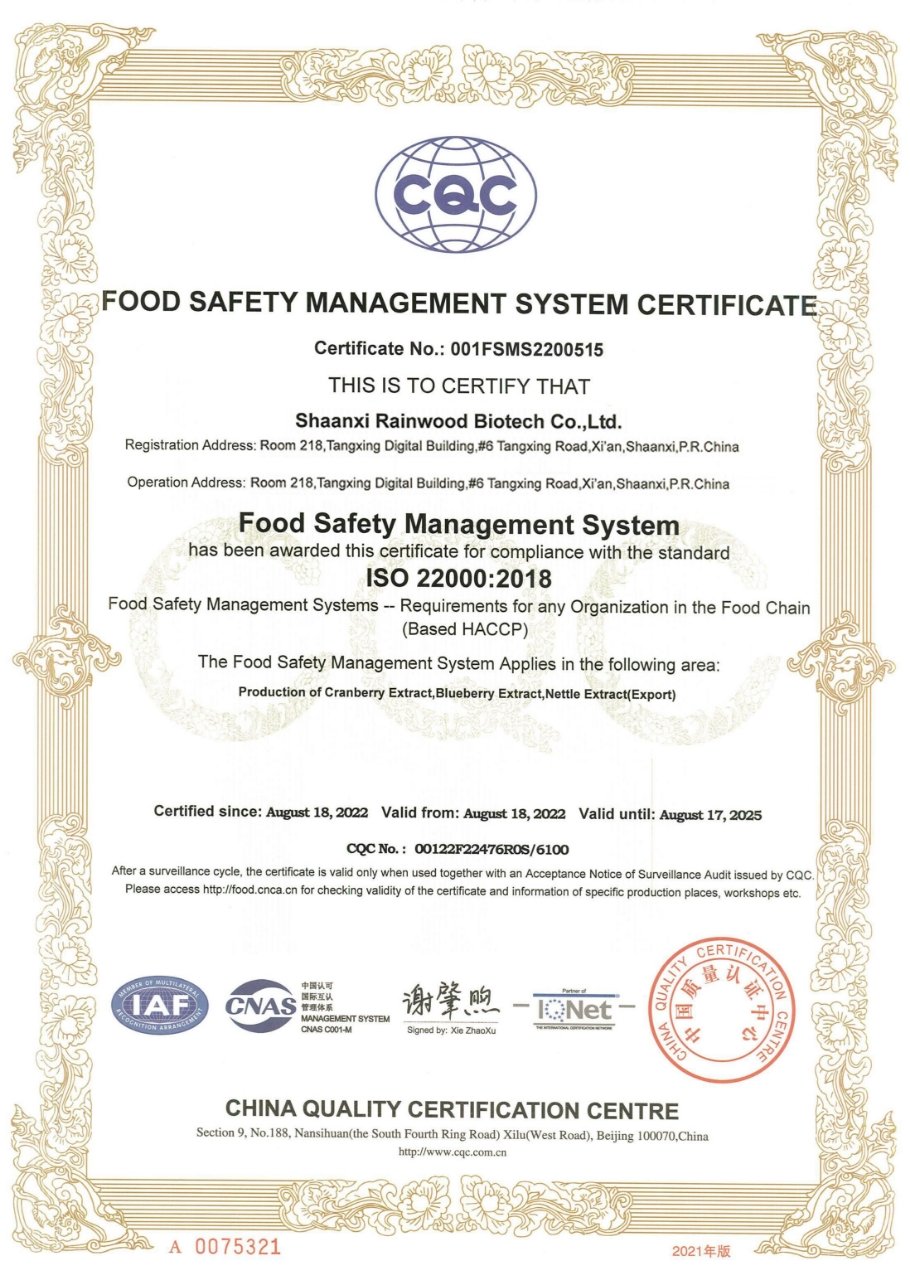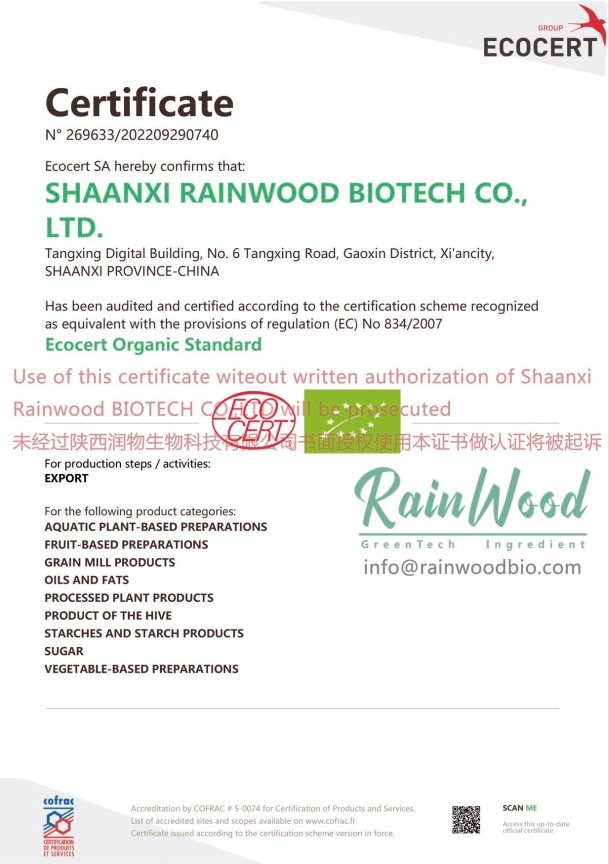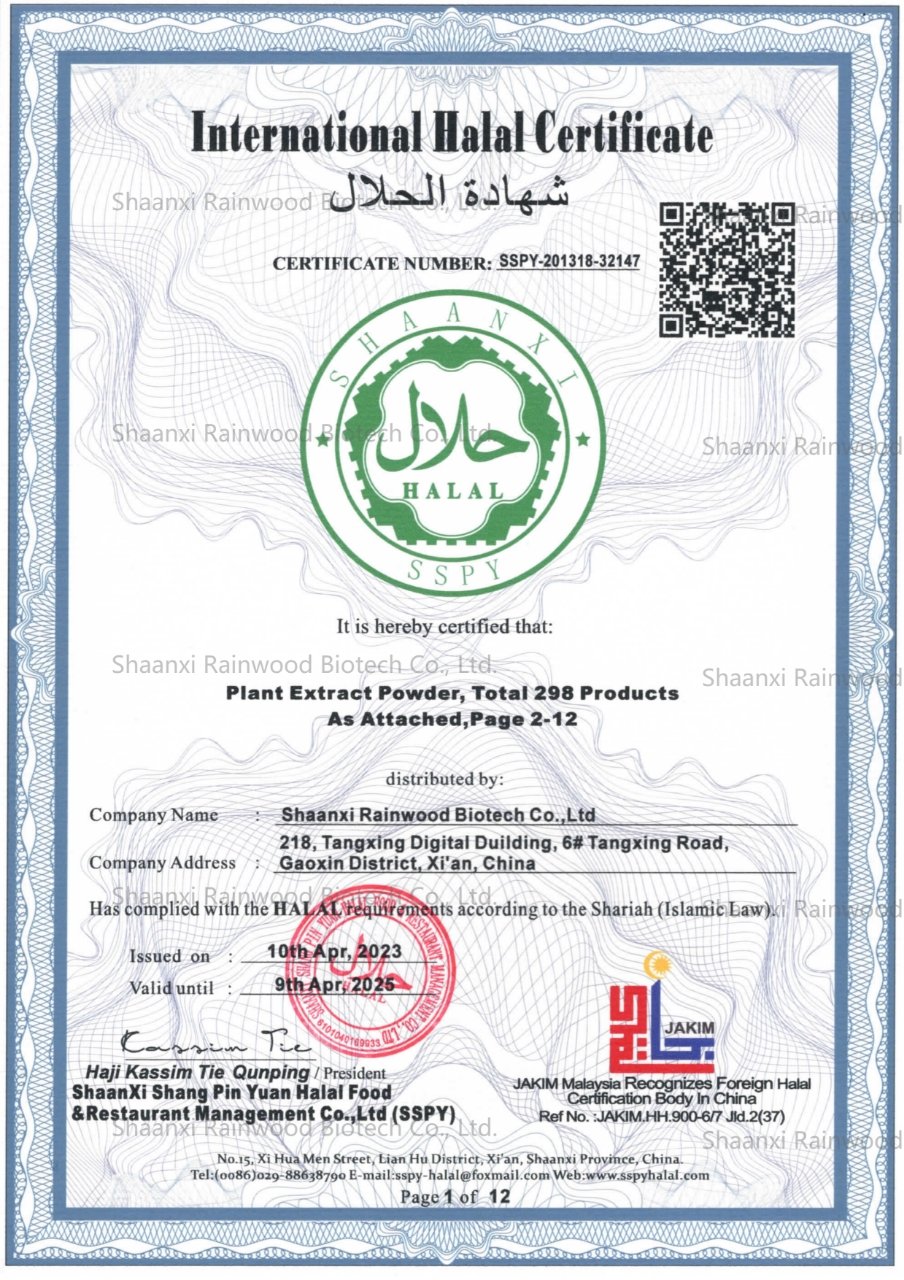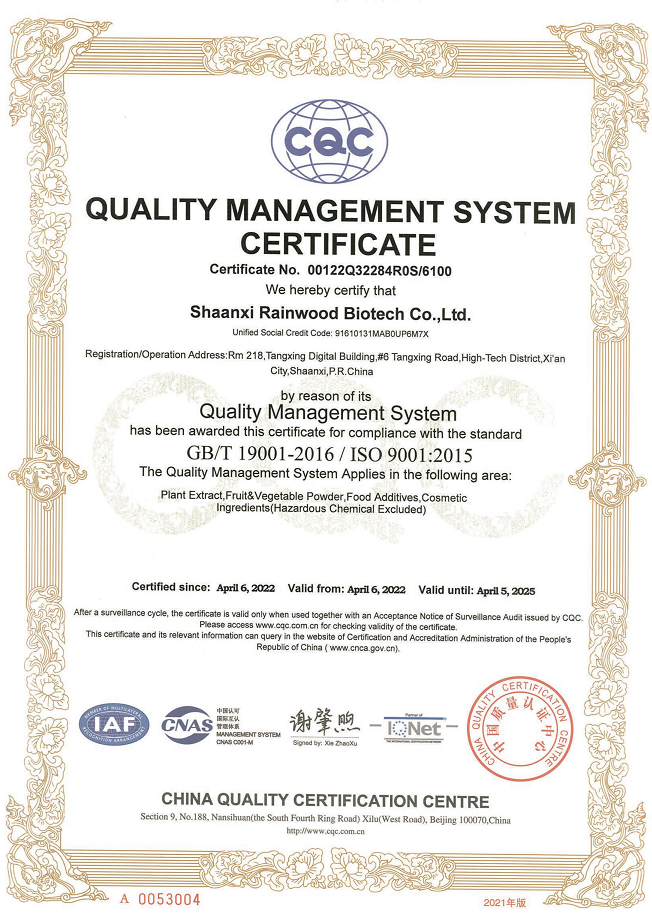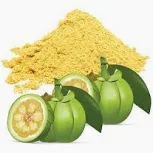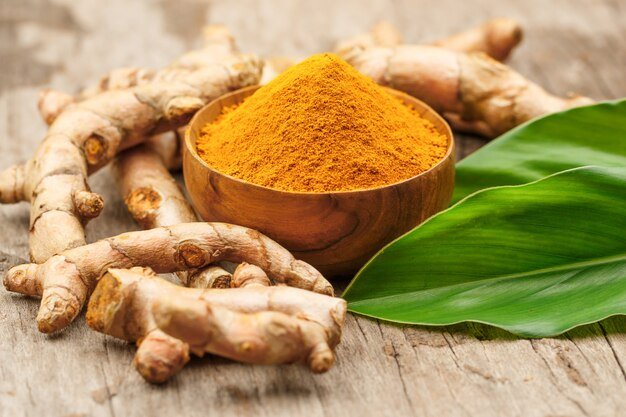Rosemary, also known as Youancao, Dew of the Sea, is a shrub belonging to the genus Rosemary in the Dicotyledon class, Lamiaceae. Rosemary, a sub-shrub aromatic plant, is native to Europe and the Mediterranean coast of Africa. It is suitable for warm climates and has been cultivated on a large scale in southern China.
Rosemary has a strong antioxidant effect, and a variety of biologically active substances can be extracted from its flowers and leaves. According to volatility, the chemical composition of rosemary can be divided into two types: essential oil and non-volatile part. The non-volatile part includes phenolic acids, flavonoids and terpenes, as well as a small amount of lignans and sterols. The main components of rosemary extract are rosmarinol, carnosol and carnosic acid.
The most abundant phenolic acids are rosmarinic acid and carnosic acid, which have strong antioxidant capacity and a variety of biologically active functions. Terpenoids and flavonoids have significant antioxidant properties, and the content of flavonoids in rosemary is 2% to 3%. Natural essential oil components are important components for rosemary extract to exert its physiological functions such as antioxidant and antibacterial.
In addition to its antioxidant effect, rosemary extract also has biological functions such as anti-inflammatory, antibacterial, lowering blood sugar, protecting the liver, calming the nerves, relieving pain, promoting hair growth, anti-tumor, and immune regulation.

Shaanxi Rainwood Biotech Co., Ltd. have professional production of Rosemary Extract
and other products for 15 years, is recognized as a professional plant extract manufacturers
https://www.rainwoodbio.com/products/rosemary-extract-2/
Physiological Functions of Rosemary Extract
- Antioxidant function
Rosemary contains a variety of effective active ingredients, most of which have anti-oxidant properties and are a pure natural non-toxic antioxidant. Antioxidant is one of the most common biological effects of plant extracts. Rosemary extract exerts strong antioxidant activity in its rich polyphenols, organic acids and flavonoids.
- Antibacterial function
The bacteriostatic effect of rosemary extract is strong, and the bacteriostatic effect is mainly rich in a variety of phenols and flavonoids in rosemary extract. The antibacterial effect of rosemary extract is related to the inactivation of cell enzymes. The inactivation of enzymes depends on the speed of substances entering cells or changes in cell membrane permeability. RA can reduce and hinder the activity of streptococcal glucosyltransferase. Its growth and biofilm formation.
- Anti-inflammatory function
Rosemary extract can inhibit inflammation to a certain extent, mainly through the regulation of phenolic acids, CA and rosmarinic acid on inflammatory factors and inflammation-related pathways. The anti-inflammatory mechanism of rosemary mainly includes maintaining cell viability, inhibiting the production of immune factors, preventing the occurrence of enzymatic reactions caused by inflammatory factors, inhibiting the formation of diseased cells, and inhibiting the aggregation, adhesion and migration of inflammatory cells.

Application of Rosemary Extract In Food
1.Application in animal and vegetable oils
Rosemary extract can inhibit the rancidity of oil and increase its stability. When air is combined with oil, free radicals are generated, causing oxidative rancidity. However, because the ingredients such as carnosol, rosemary phenol and rosemary dialdehyde in rosemary have strong antioxidant functions, they can provide hydrogen, Neutralize these free radicals, thereby preventing the oxidation reaction.
Wang Wenzhong and Wang Ying’s experimental studies have shown that rosemary antioxidants have strong antioxidant capacity in soybean oil, peanut oil, palm oil, rapeseed oil and lard. Especially in soybean oil and lard, their antioxidant capacity is The synthetic antioxidant BHA is 2-4 times.
2.Application in meat products
Meat and poultry products are pre-cooked, minced, sliced and other processes, which can easily cause oxidative decay. Studies have shown that when meat products are processed, a large number of muscle tissue cells will rupture, thereby releasing combined iron and enzymes. These iron and enzymes will combine to form a catalyst to cause an oxidation reaction in the muscle. When meat products are heated, special decomposition products will cause a strong peculiar smell. Adding rosemary antioxidants when processing meat and poultry products can prevent oxidation and protect their flavor.
 3.Application in medicine and health products
3.Application in medicine and health products
Rosemary extract has shown great potential application prospects in medicine. Traditional Chinese medicine believes that rosemary is warm and pungent, has the effects of fragrant stomach, calming and soothing, and is often used to treat various headaches and neurasthenia. Rosemary extract has anti-inflammatory, anti-tumor and immunomodulatory effects. As early as 1990, rosemary has been put on the market as an anti-inflammatory, antipyretic and analgesic drug.
Due to the unique health value of rosemary extract, rosemary extract has become a hot spot in the field of health food development. In the European and American markets, rosemary extract has been developed into various nutritional tablets and capsules for anti-oxidation, improving gastrointestinal health, improving mood, maintaining healthy blood pressure, protecting the brain from free radical damage, and resisting environmental stimuli. Etc., and used as an antioxidant in fish oil health products.
Rainwood BIO-committed to plant extract research and development, has more than 15 years experience, certified with ISO9001, ISO22000, KOSHER, HALAL, ORGANIC CERTIFICATE. You will get the cheapest price and best quality from us. Welcome for your inquiry.








